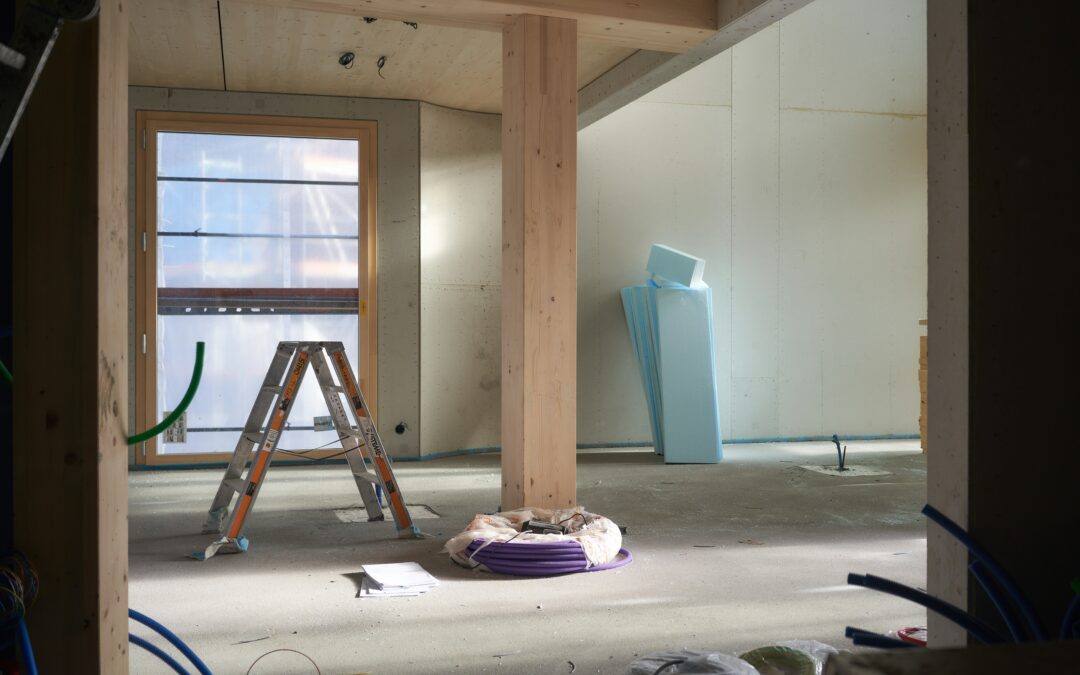Big changes are coming to the incredibly popular Corners of Brookfield. Since the property initially opened in 2018, it has become a well regarded apartment complex, shopping center, dining hub, and entertainment venue. It has also become a focal point for the...
















